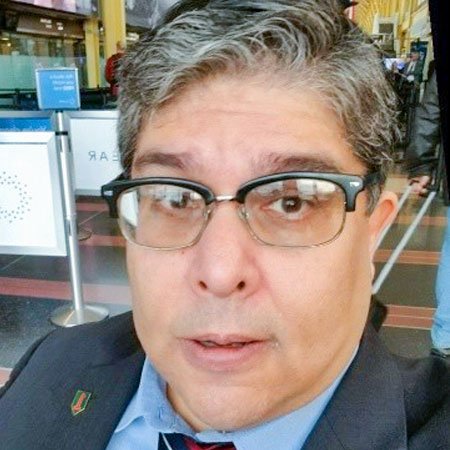Senator Tom Cotton, Republican of Arkansas, remembers one of America’s great heroes.
“Leave the matter of religion to the family altar, the church, and the private school, supported entirely by private contributions. Keep the church and state forever separate.”
Ulysses S. GrantApril 27, 1822 – July 23, 1885 pic.twitter.com/Ey7P78e0li
— Edward J. Higgins (@EdwardJHiggins) April 27, 2022
Cotton: On the 27th we commemorated the 200th anniversary of Ulysses S. Grant’s birthday. Born to humble beginnings, this great defender of America won our bloodiest war, trampled the dark forces of disunion, and bandaged our deepest national wounds.
Yet progressive historians, a partisan press, and political enemies tarnished his record from the beginning. They maligned him as a drunk and a butcher, and a bumbling Western rube who was ill-suited to politics and probably corrupt. This sloppy and slanderous history thankfully has been reassessed in recent years, for Grant deserves to stand forever alongside Lincoln and Washington as one of America’s indispensable men.
For the first three years of the Civil War, Grant fought on the western front, winning several of the Union’s early victories. While the Union commanders in the east dithered, Grant waged a raw and relentless form of warfare. He knew that “the art of war is simple enough. Find out where your enemy is. Get at him as soon as you can. Strike him as hard as you can and as often as you can, and keep moving on.”
Grant’s famous determination and grit were on full display during the brutal battle of Shiloh. In the first day of fighting, Confederate forces routed Grant’s army. William Tecumseh Sherman approached Grant that rainy night beneath a great oak tree, and said, “Well, Grant, we’ve had the devil’s own day, haven’t we?” Grant replied between puffs of his cigar, “Yes. Lick ‘em tomorrow though.”
That’s exactly what he did the next day at Shiloh. Refusing demands to remove Grant after the carnage-filled battle, Lincoln answered simply, “I cannot spare this man—he fights.”
Grant continued his brilliant winning streak of victories and on July 4, 1863, he seized the fortress city of Vicksburg, splitting the Confederacy in two and securing the Union’s control of the mighty Mississippi. This was perhaps the greatest strategic victory of the war. Combined with the victory at Gettysburg the previous day, Grant’s seizure of Vicksburg put the Union on the path to victory.
Lincoln promoted Grant to the rank of lieutenant general—a position no active-duty soldier had held since Washington, and named him commander of all Union forces. Grant came to the east with bold aggressiveness that previous commanders had lacked, telling a reporter, “if you see the President, tell him from me that whatever happens, there will be no turning back.” In months that followed, Grant attacked Lee’s army again and again, never letting up or losing the initiative, and never allowing Lee to regroup or rebuild his shrinking army. Less than a year after Grant began his Overland Campaign, Union forces seized the rebel capital of Richmond.
U.S. Grant was unyielding in war, but magnanimous in peace. The man whose initials came popularly to mean “Unconditional Surrender,” offered Lee and his men honorable terms at Appomattox Courthouse, partly because he knew the first goal of the war was to reunite our shattered republic. And as Lee departed the courthouse, Grant and his staff took off their hats in respect—a small act for the victors, but an extraordinary gesture to the defeated Confederates…
Throughout his life, U.S. Grant exuded a profound patriotism and selflessness that our nation should remember with awe and reverence. On this bicentenary of Grant’s birth, we should restore him to the pantheon of American heroes.

Join the Discussion
COMMENTS POLICY: We have no tolerance for messages of violence, racism, vulgarity, obscenity or other such discourteous behavior. Thank you for contributing to a respectful and useful online dialogue.
He started the Reconstruction era & post slavery US Then
Was guarded then by fictional agents Jim West & Artemus Gordon in TV show The Wild Wild West
Grant was a great general but a lousy president.